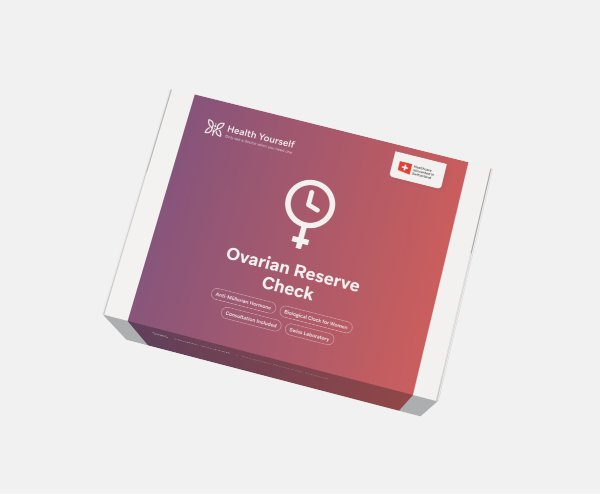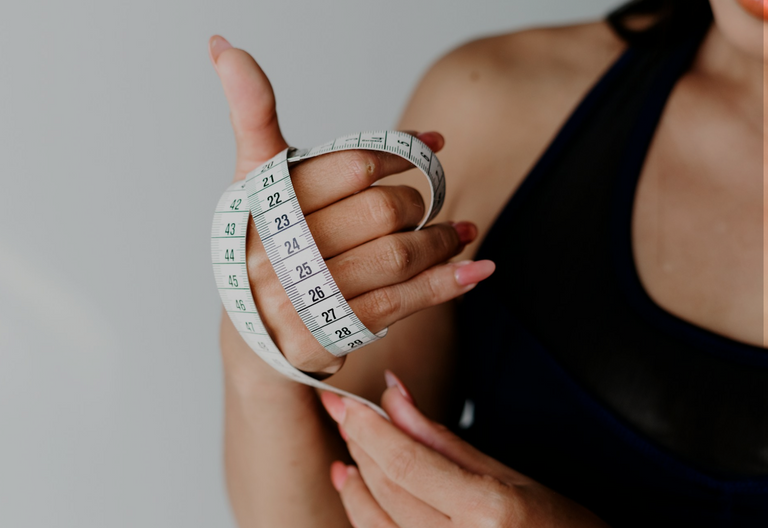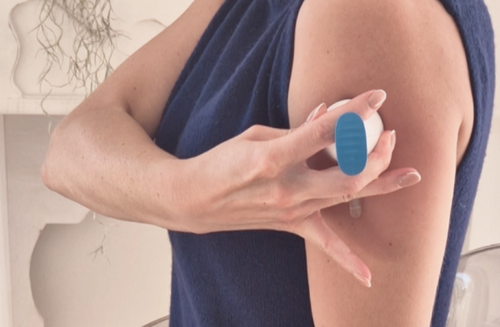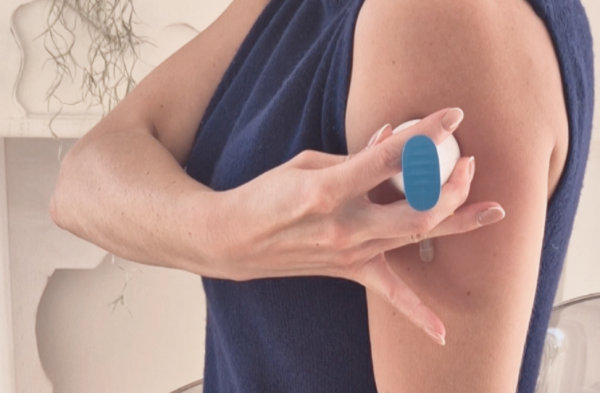
Ovarian Reserve Check
CHF 299
- Measures the Anti-Müllerian Hormone (AMH) to quantify a woman's "biological clock"
- Online consultation with a gynaecologist included
- Take your sample from home, analysis by Swiss lab, results online
Why other women have taken this test
Understanding this test
What you need to know about Ovarian Reserve & Anti-Müllerian Hormone (AMH)
What is the Ovarian Reserve and how does it impact fertility?
- The Ovarian Reserve refers to how many eggs remain in a woman's ovaries at any given time.
- Women are born with a set number of about 1 to 2 million eggs. As we age, this number decreases as eggs die off or are released during ovulation. When there are no more eggs left, a woman is not fertile anymore and she enters menopause. The timeline for this process differs from woman to woman - you could say, that our biological clocks tick differently.
- That also means, that our fertility timelines are different: Some women might still have a fairly large Ovarian Reserve in their 30ies and therefore are likely to have no trouble conceiving until their late 30ies. However, others, with less eggs remaining, might have trouble having kids naturally.
How does the Anti-Müllerian Hormone measure the Ovarian Reserve?
- The Anti-Müllerian Hormone (AMH) is a key indicator to measure a woman's Ovarian Reserve, meaning how many eggs are left in her ovaries at a given time.
- AMH is a hormone that is produced by ovarian follicles in a woman's ovaries.
- The concentration of AMH in a woman’s blood correlates with the number of eggs she has left, making it the most commonly used indicator to determine a woman's Ovarian Reserve.
What does my Anti-Müllerian Hormone value tell me?
- Anti-Müllerian Hormone (AMH) is a key indicator of a woman's ovarian reserve—meaning it gives insight into how many eggs she still has left in her ovaries.
- While it doesn’t measure egg quality, it helps estimate how much time she has left to conceive naturally or whether fertility preservation (like egg freezing) might be a good option.
- Your AMH level helps you decide when to have kids based on your fertility window. If your AMH is high, you may have more flexibility. If it’s low, you might want to start planning sooner or explore fertility preservation.
- A high AMH level suggests you have a good ovarian reserve, meaning there are still many eggs available.
- You may have more time to conceive naturally or to delay pregnancy if you wish.
- If you’re considering egg freezing, a high AMH increases the likelihood of retrieving a good number of eggs in one cycle.
- Important to know: A very high AMH value can also indicate fertility-limiting hormonal disorders.
- A low AMH level indicates that your egg supply is declining, which happens naturally with age.
- If you plan to have children in the future, you might want to consider trying sooner rather than later or look into fertility preservation options like egg freezing.
- If you're already trying to conceive and struggling, a low AMH may suggest it’s time to consult a fertility specialist for guidance.
- If AMH is very low, natural conception may become more difficult.
- It’s important to consult a doctor to understand your individual fertility timeline and options.
What influences the Anti-Müllerian Hormone level?
- Age is the most significant factor impacting the Anti-Müllerian Hormone level. Younger women generally have higher AMH levels than older women.
- Other factors include ovarian surgeries, chemotherapy or radiation therapy, endometriosis, autoimmune diseases, smoking, and endocrine disruptors.
- Hormonal birth control and the phase of the cycle also have an impact on the AMH value.
- Additionally, some vitamins like vitamin D can affect the AMH value.
Test your ovarian reserve from home
Understanding female fertility
Key factors affecting a woman's fertility
Quantity of your eggs (Ovarian Reserve)
- The primary determinant of a woman's fertility is the quantity of her remaining eggs.
- The quantity of eggs remainining in a woman's ovaries at any given time is called Ovarian Reserve.
- Women are born with a set number of about 1 to 2 million eggs. As we age, this number decreases as eggs die off or are released during ovulation.
- When there are no more eggs left, a woman is not fertile anymore and she enters menopause. The timeline for this process differs from woman to woman - you could say, that our biological clocks tick differently.
- That also means, that our fertility timelines are different: Some women might still have a fairly large Ovarian Reserve in their 30ies and therefore are likely to have no trouble conceiving until their late 30ies. However, others, with less eggs remaining, might have trouble having kids naturally.
Quality of your eggs
- Aside from the quantity of your eggs, their quality also affects fertility.
- However, the quality of your eggs can only be assessed after retrieving eggs from your ovaries.
Medical conditions
Aside from the quantity and quality of your eggs, your fertility is also affected by some other factors such as
- uterus malformations
- fibroids or adenomyosis (type of the endometriosis)
- damage of the falopian tubes and the reproductive organs due to infections, endometriosis as well comprehensive surgical interventions
What our customers have to say
FAQ
Your Questions, Answered
How quickly will I receive my test?
From Monday to Friday, all orders submitted before 16:00 are shipped on the same day and will usually arrive on the next working day including Saturday. All tests ordered over the weekend are shipped on Monday and usually arrive on Tuesday.
How will my test be delivered?
All tests are delivered by Swiss Post in discrete enevolpes or parcels without any outside markings.
Will I be able to take my sample correctly without any medical training?
You do not require any medical training to use our tests. We provide very detailed instructions on how to take your sample and several thousand customers have already successfully taken their tests.
For this test, you take your sample with a specialised device for self-collection of a capillary blood sample. It is pain free and very simple.
How do I return my sample to the lab for analysis?
You simply put your sample into the return box we provide with each test kit and drop the return box off in any Swiss Post mailbox. You do not need to add a stamp, this is already printed on the return box.
Who analyses my sample?
Your sample is analysed by one of our laboratory partners Medisyn, Bioanalytica or MCL / Dr. Risch, which are part of Sonic Suisse, Switzerland’s largest laboratory group.
Are the results as reliable as from a doctor's office?
All analyses included in this test are also offered through doctors' offices by our laboratory partners Medisyn, Bioanalytica and MCL / Dr. Risch. You effectively receive the same test, you only collect the sample from home instead of at the doctor's office.
The sample collection is completed with a certified device for self-collection of a capillary blood sample.
Medisyn, Bioanalytica and MCL / Dr. Risch are part of the largest laboratory group in Switzerland and use state-of-the-art technology for analysis of all samples.
Who will provide my consultation?
Your consultation will be provided by an experienced gynaecologist from the Swiss gynaecology practice group Gynpoint.
How long does it take to receive my results?
Your results are generally available online 2-3 working days after you have sent your sample to the lab for analysis.
Once your results are available, you will receive a notification to book your consultation with a partner gynaecologist to discuss your results.
Your results will be made available online once you have completed your consultation.
















